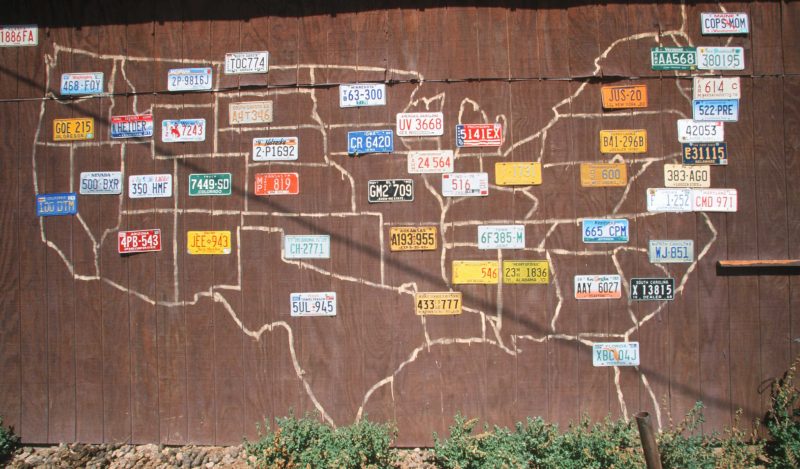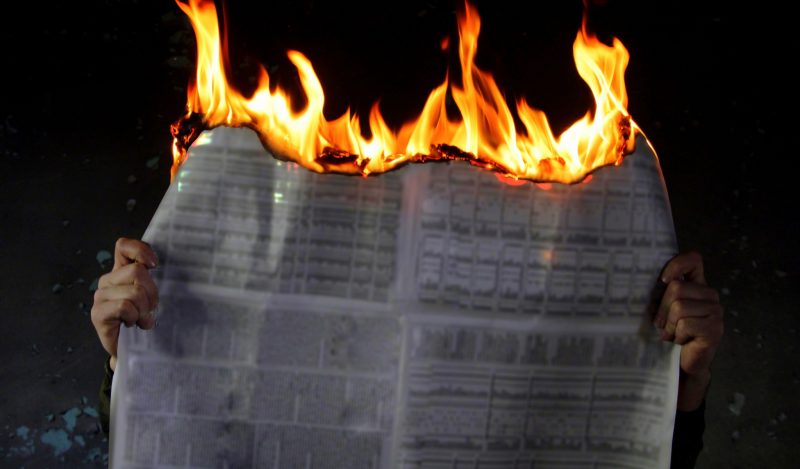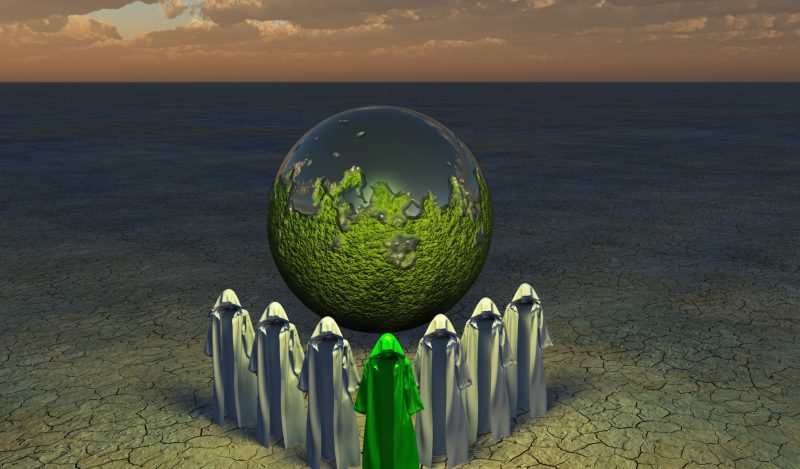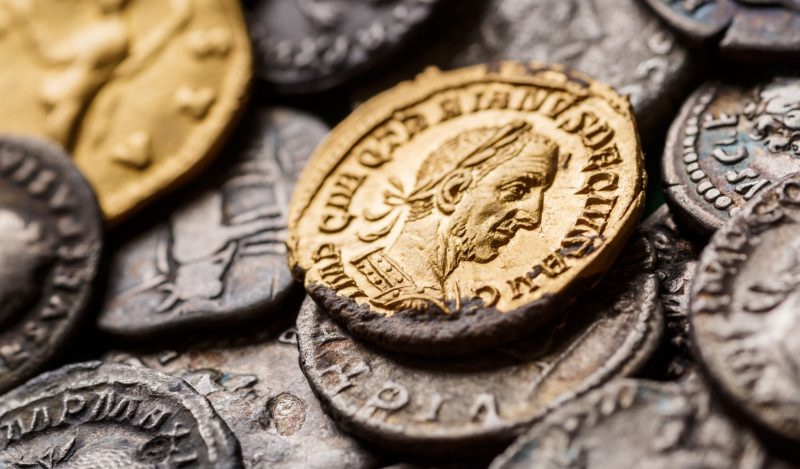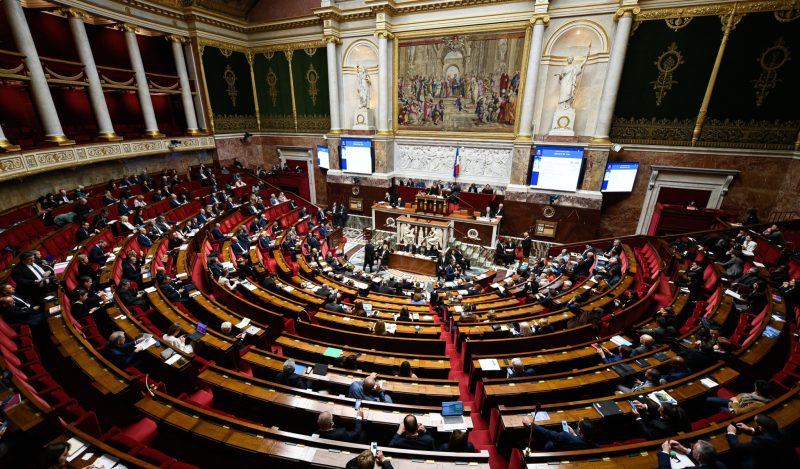Historically, a public policy catastrophe like the Covid response would lead to reform aimed at curtailing the powers that leadership abused. The Teapot Dome scandal led to increased regulation from the House Ways and Means Committee. The Vietnam War prompted the War Powers Resolution of 1973. Watergate caused Congress to strengthen the Freedom of Information Act.
But what if the government had responded to Iran-Contra by increasing the president’s ability to circumvent federal arms embargoes? In the wake of the Johnstown Flood, what if lawmakers’ reaction had been to make it more difficult for victims to recover for their damages?
We’d consider the rulers delusional and corrupt, callous to the damage that they inflicted on the people they purport to represent. It would be worse than dereliction; it would indicate that they relished the damage or remained beholden to interests averse to the general public.
It is now clear that those responsible for the Covid response aren’t looking for amnesty or forgiveness; they seek a government structure that codifies their authoritarian impulses and a legal system that offers citizens no means of demanding accountability from their rulers. Publicly, they are searching for any “emergency” to increase their power. Privately, they are looking to put that system into law.
With the East Coast enveloped in smoke, the political class immediately saw the temporary crisis as an opportunity to implement permanent change. Despite evidence that arson caused the wildfires in Quebec, the same groups that adopted mantras of “public health” to collect power announced that the smog was evidence of a “climate crisis.” Like Covid, the emergency demanded centralizing power and overturning American society.
Rep. Alexandria Ocasio-Cortez wrote, “We must adapt our food systems, energy grids, infrastructure, healthcare, etc ASAP.” Senator Chuck Schumer similarly called on government to “do more to speed our transition to cleaner energy and reduce carbon.”
Just as a respiratory virus became the pretext for unrelated political aims like student debt relief and eviction moratoriums, leaders already seek to impose unrelated cultural change through fear-mongering and deception.
But while the smoke clears, a more insidious development is taking place. The largely unknown Uniform Law Commission (ULC) has proposed a law that would drastically increase executive power in the United States and reduce citizens’ legal right to resist unconstitutional edicts.
The ULC is an influential interstate organization that works to make state laws more uniform. Since 2021, the group has worked to draft a “Model Public Health Emergency Authority Act.”
The impetus for this initiative was the “uncertainty about the legal authority of governors and other state officials to enact certain emergency laws and declarations” during Covid, according to journalist David Zweig. “The legal ambiguity around many pandemic declarations resulted in new legislation in many states that explicitly clawed back public health powers from governors and executive branch officials.”
In response, the ULC seeks to codify a system that shields and promotes unchecked executive authority. Zweig writes, “It wants the legal authority that’s given to governors to be clear. And a memo indicates that the ULC expects the adoption of the Act will result in people suing only if the Act itself wasn’t followed, rather than suing based on a claim that the governor’s actions were unconstitutional.”
The Act threatens to strip Americans of their legal ability to oppose mandates, lockdowns, or other government orders. It offers total deference to governors in deciding what constitutes an emergency. No evidence would be required for state leaders to impose arbitrary and irrational limits on human liberty. Schools, businesses, and churches would be subject to the whims of executive power.
The ULC plans to vote on the Act in July, and passage threatens to strip Americans of their constitutional rights.
If passed, Kathy Hochul would be free to declare that the Quebec smoke constituted an emergency that justified her drastically limiting New Yorkers’ fuel consumption. Gavin Newsom could ban singing in churches the next time a town had a Covid outbreak. The pretense of an emergency would abolish the separation of powers, leaving legislatures and the judiciary powerless to oppose the mandates of self-appointed governor-tyrants.
Brownstone was founded on the premise that Covid was “not just about this one crisis but past and future ones as well. This lesson concerns the desperate need for a new outlook that rejects the power of the legally privileged few to rule over the many under any pretext.”
The pretexts are many, some predictable and some not. But the drive remains the same: more power to the government, less freedom for the people.
The ULC’s proposal prepares the ground for any and all crises. It codifies a system that augments the power of the legally privileged under any pretext and strips the many of their right to legal recourse.
In Federalist No. 51, Madison wrote, “But what is government itself, but the greatest of all reflections on human nature? If men were angels, no government would be necessary. If angels were to govern men, neither external nor internal controls on government would be necessary.”
Citizens had painful reminders of their leaders’ mammalian flaws of the last three years. Hypocrisy, irrationality, self-interest, and insatiable pursuits of power became commonplace. There were the double standards of governors flaunting their own restrictions and granting blatant political favoritism. Children suffered under cruel and irrational edicts and states criminalized basic human liberties. Governors called on local law enforcement to break into homes to arrest families for gathering at Thanksgiving.
Now, the ULC proposes granting governors more power for when the next emergency arrives. There is no reason to expect angelic behavior in the next crisis. The attempt here is to end what most annoyed the ruling elites during the Covid crisis: the relatively decentralized response due to American federalism. One state (South Dakota) did not go along at all. Others bailed on the lockdown agenda after a few weeks. As time dragged on, some states tried to hang on to the crisis for as long as possible while others moved on with life as normal.
In all the postgaming in the elite narratives, this point sticks out the most. The next time, they want an all-of-society response, no stragglers and refuseniks. The efforts by the ULC are part of rigging the system toward that end. Instead of 50 “laboratories of democracy” they want 50 mini-dictatorships carrying out the orders of the elites in Washington, DC.
This legal push has received no public attention, and not even Zwieg’s expert journalism seems to have broken through the wall set up by the mainstream media. And that is precisely why anyone concerned about the future needs to get the word out. The efforts toward fundamental regime change are real, threatening, and deeply dangerous to the future of liberty itself.
Published under a Creative Commons Attribution 4.0 International License
For reprints, please set the canonical link back to the original Brownstone Institute Article and Author.
